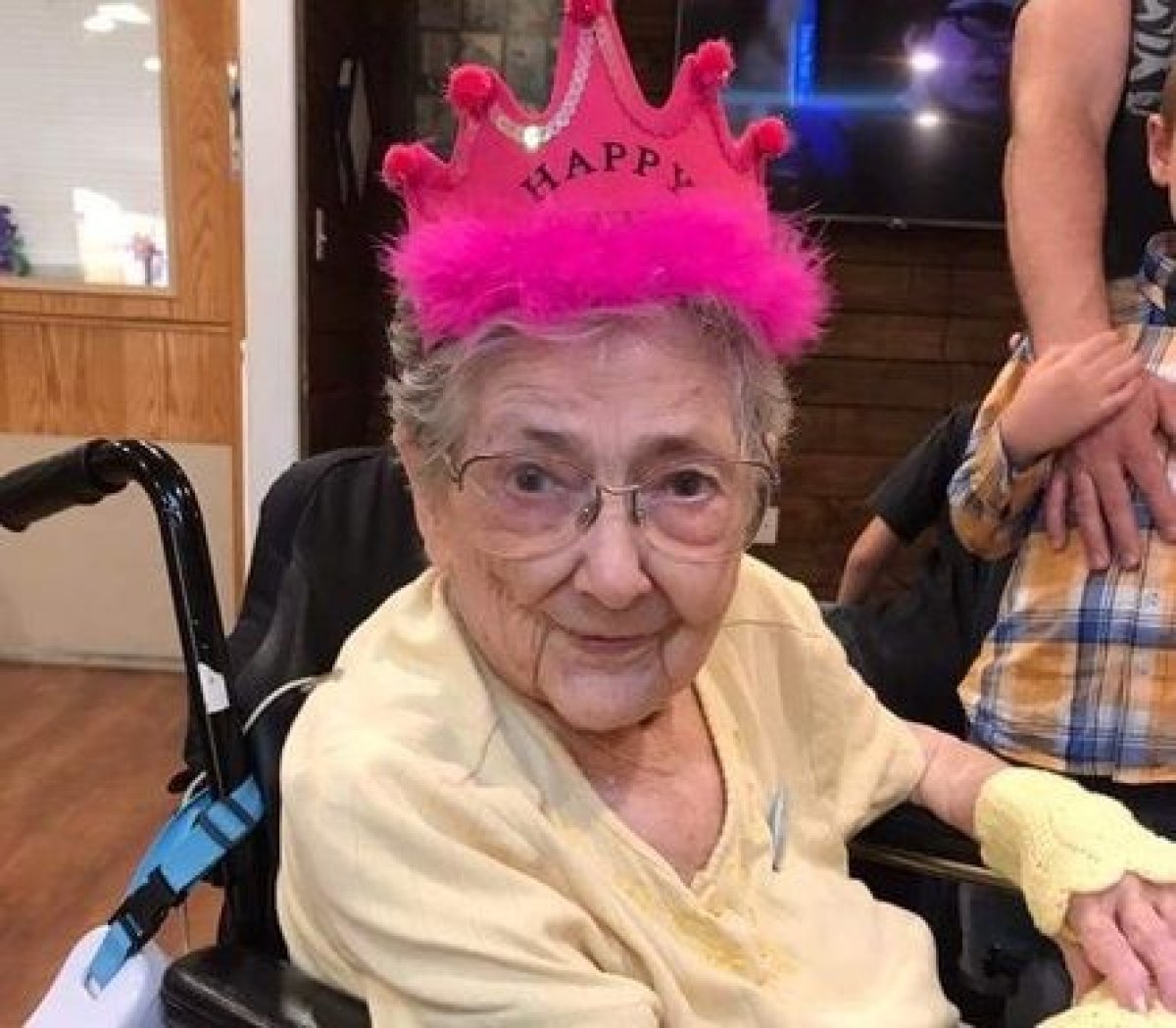
A 99-year-old woman who died not knowing that her organs grew on the wrong side of her body was thought to be the oldest person to survive with this rare congenital condition.
Rose Marie Bentley, from the rural town of Molalla, Oregon, was born with situs inversus with levocardia. Situs inversus is a condition in which the internal organs are arranged in a mirrored layout to the normal position in humans. Levocardia indicates the heart is in the normal position.
The animal feed store owner, who died in the fall of 2017 at the age of 99, had donated her body to the Oregon Health and Science University Anatomical Services Center.
Although levocardia is often associated with severe heart defects, the condition never caused Bentley any problems, and despite the fact that she underwent three surgeries to remove organs over the course of her life, the condition was never detected, and she died unaware of it.
Dr. Cam Walker, an assistant professor of anatomy in the OHSU Anatomical Services Center who worked on the case, believes Bentley survived longer than any other person with the condition, as the chance of living into adulthood is 1 in 50 million. Scientists know of two other cases where patients lived to see the age of 70.
"It is very rare for someone to live a long life with this anatomical variation, as serious heart defects are commonly found with it," Walker told Newsweek.
Warren Nielsen, a medical student at Lake Oswego, Oregon, who worked on Bentley's body, said in a statement: "It was quite amazing. We were able to not only learn normal anatomy, but also all the anatomic variation that can occur. I grew to appreciate how she was able to live as long as she did. It made me wonder who she was."

Louise Allee, one of Bentley's five children from Canby, Oregon, said: "My mom would think this was so cool. She would be tickled pink that she could teach something like this. She would probably get a big smile on her face, knowing that she was different, but made it through."
The condition affects only about one in 22,000 people. Scientists aren't sure what causes situs inversus, although some cases appear to have been inherited. Situs inversus can cause such problems as heart defects in 5 to 10 percent of patients.
In most cases, a physician will diagnose the condition by carrying out a physical exam and performing radiographic imaging to check where the organs are positioned. Treatments generally target related illnesses.
Walker hopes the study will encourage others to donate their bodies to science.
"Anatomical body donors not only serve to teach anatomy, but serve as a catalyst for discussions with future medical professionals about empathy for their patients, and the unique human condition in which we all live.
"We hope to impart to the medical students that each donor is an individual, and deserves care tailored to them as such, highlighted here by such unique anatomy."
This article has been updated with comment from Dr. Cam Walker.
Uncommon Knowledge
Newsweek is committed to challenging conventional wisdom and finding connections in the search for common ground.
Newsweek is committed to challenging conventional wisdom and finding connections in the search for common ground.
About the writer
Kashmira Gander is Deputy Science Editor at Newsweek. Her interests include health, gender, LGBTQIA+ issues, human rights, subcultures, music, and lifestyle. Her ... Read more
To read how Newsweek uses AI as a newsroom tool, Click here.








